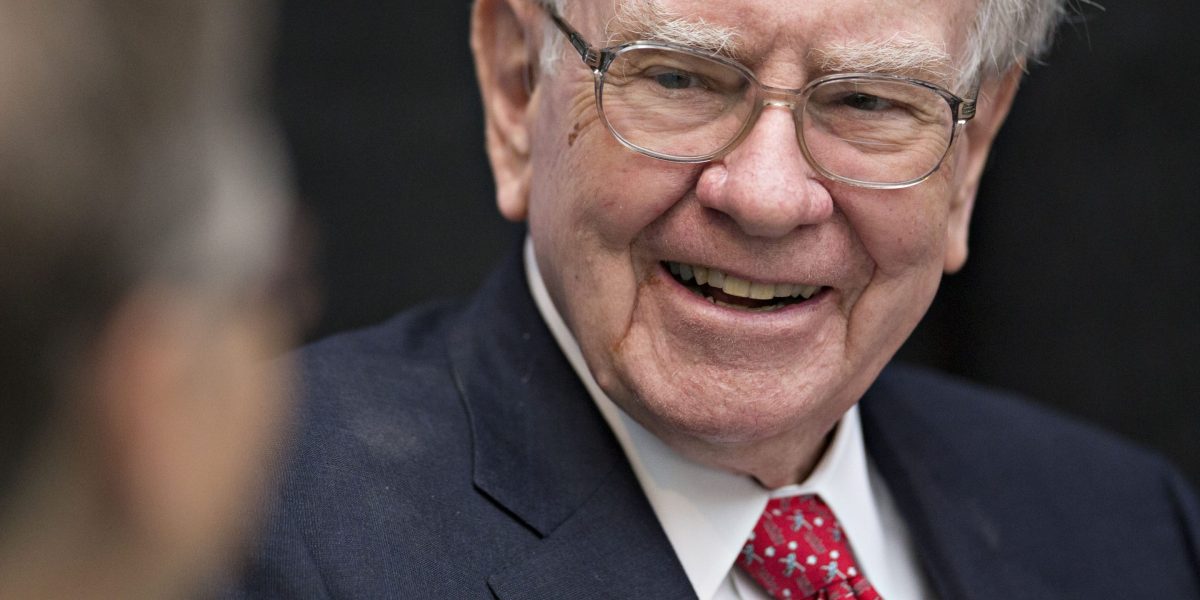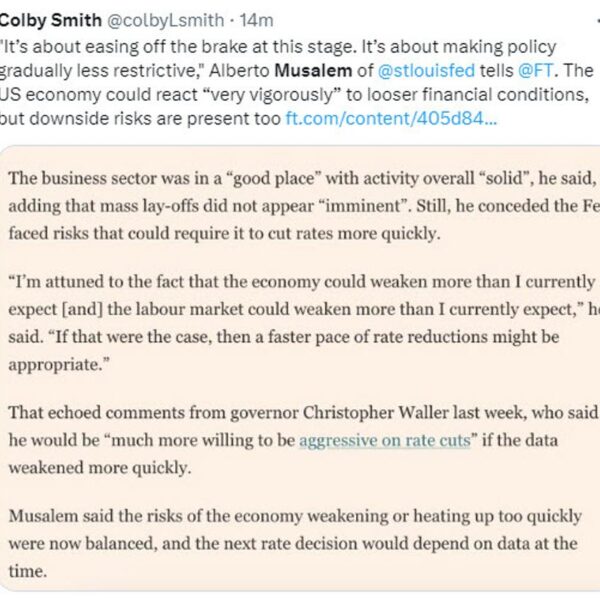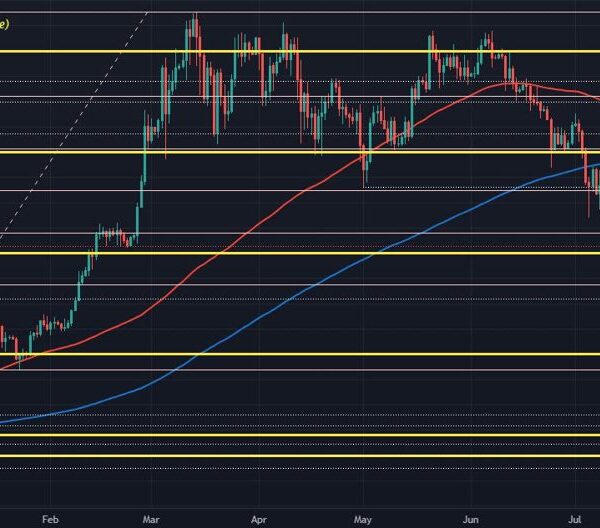

Warren Buffett, the billionaire CEO of legendary holding company Berkshire Hathaway, has long maintained that the best kinds of leaders are those who commit to mentoring their future successors—and those with a firm sense of direction.
“You have to have a clear vision of where you’re going, so that you can get others to follow you,” Buffett told Fortune’s Susie Gharib at the Berkshire Hathaway Annual Shareholder Meeting in 2015. He told Gharib that Berkshire Hathaway has “a ton” of next-generation leaders. “There’s no shortage.”
To keep those leaders engaged and committed to the firm’s mission, Buffett said he and the late Charlie Munger, who was then the vice chairman, tried “to create a strong culture through what I write, and what I say—same thing with Charlie.”
“In the end, we want people to buy into the Berkshire culture,” Buffett said.
As for whether people can be trained to be great leaders—as opposed to simply being born with the proper traits in the proper orientation, Buffett split the difference.
“I think it’s a combination of the two,” he told Gharib. “Some people have way more leadership qualities inherently, but I think you can learn a lot, too.”
Good people only
Buffett and Munger have extolled the virtues of good management—and good hiring—for decades.
In a 2014 Fortune interview, Pattie Sellers, who was editor-at-large at the time, wrote that Berkshire Hathaway as a rule refuses to buy companies run by bad managers. That’s unusual. “A lot of people like to buy good companies with bad managers and then replace them,” she said.
That didn’t work for Munger and Buffett. “We tried that, with predictable results,” Buffett told Sellers, adding that “life is so much more fun” when you work with people who are already good by nature—rather than expending energy trying to turn bad managers good. “I mean, who wants to spend their life trying to change people from their natural approaches?”
“Marrying somebody to change them is crazy,” Buffett went on. “And I would say hiring somebody to change him is just as crazy, and becoming partners with them to change them is crazy.”
Munger echoed the sentiment. “The reason that Berkshire has been successful as a big conglomerate—more successful than any other big conglomerate, so far as I know—is we try to buy things that aren’t going to require much managerial talent at headquarters,” he said at a 2017 event at the University of Michigan. “Everybody else thinks they’ve got a lot of managerial talent at headquarters, and that’s a lot of hubris.”
In 1998, Buffett told MBA students at the University of Florida that he looks for three things when hiring people: integrity, intelligence and energy. All three are equally vital, he added. “If they don’t have integrity, you want them dumb and lazy.”
Some things don’t change over time. At a 2021 shareholder meeting, Buffett said bad management is the biggest threat a company could face. “You get a guy or a woman in charge of it—they’re personable, the directors like ’em—they don’t know what they’re doing. But they know how to put on an appearance. That’s the biggest single danger.”















